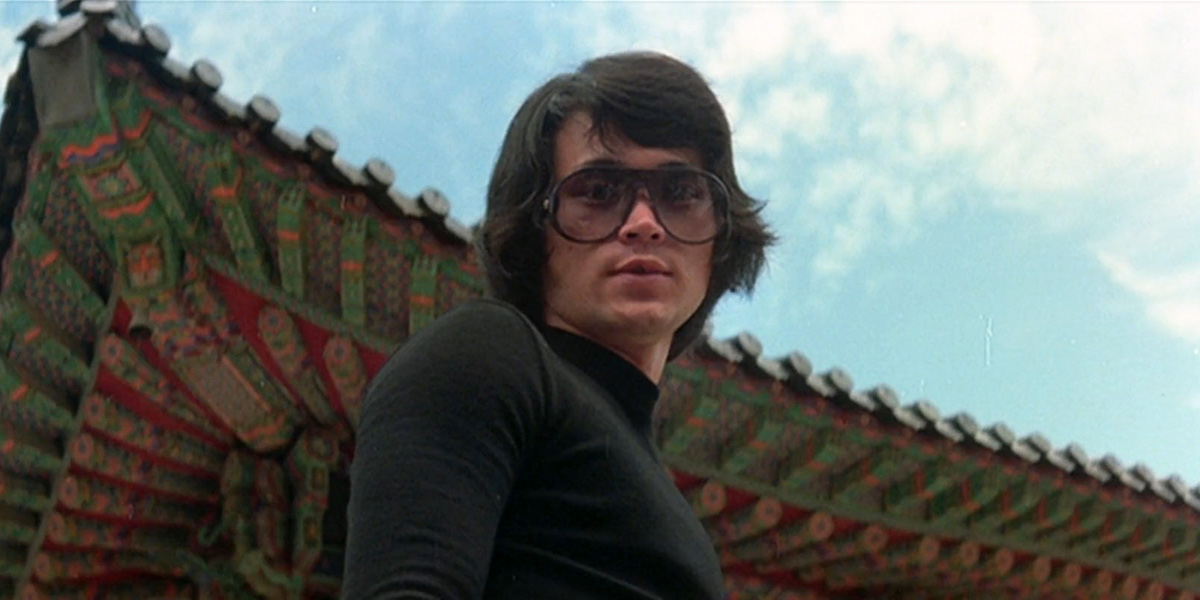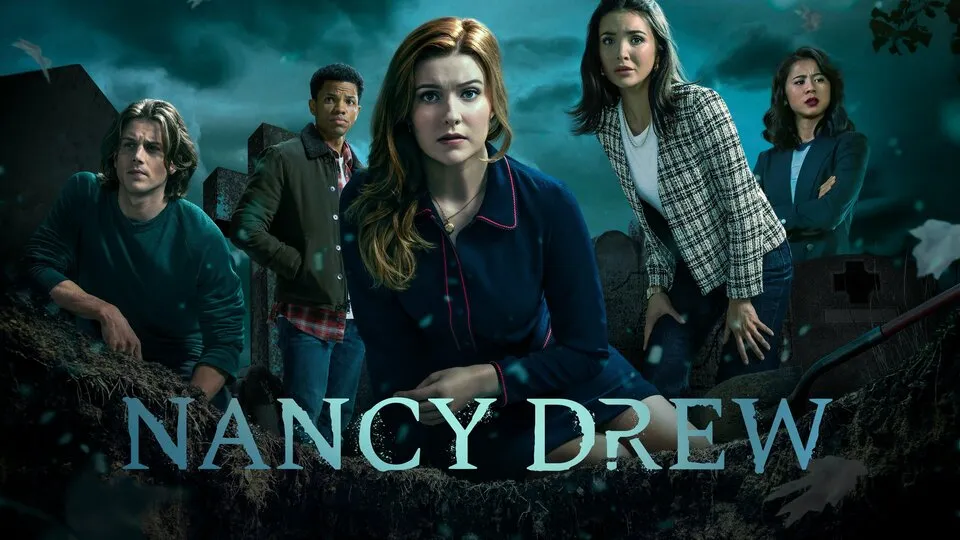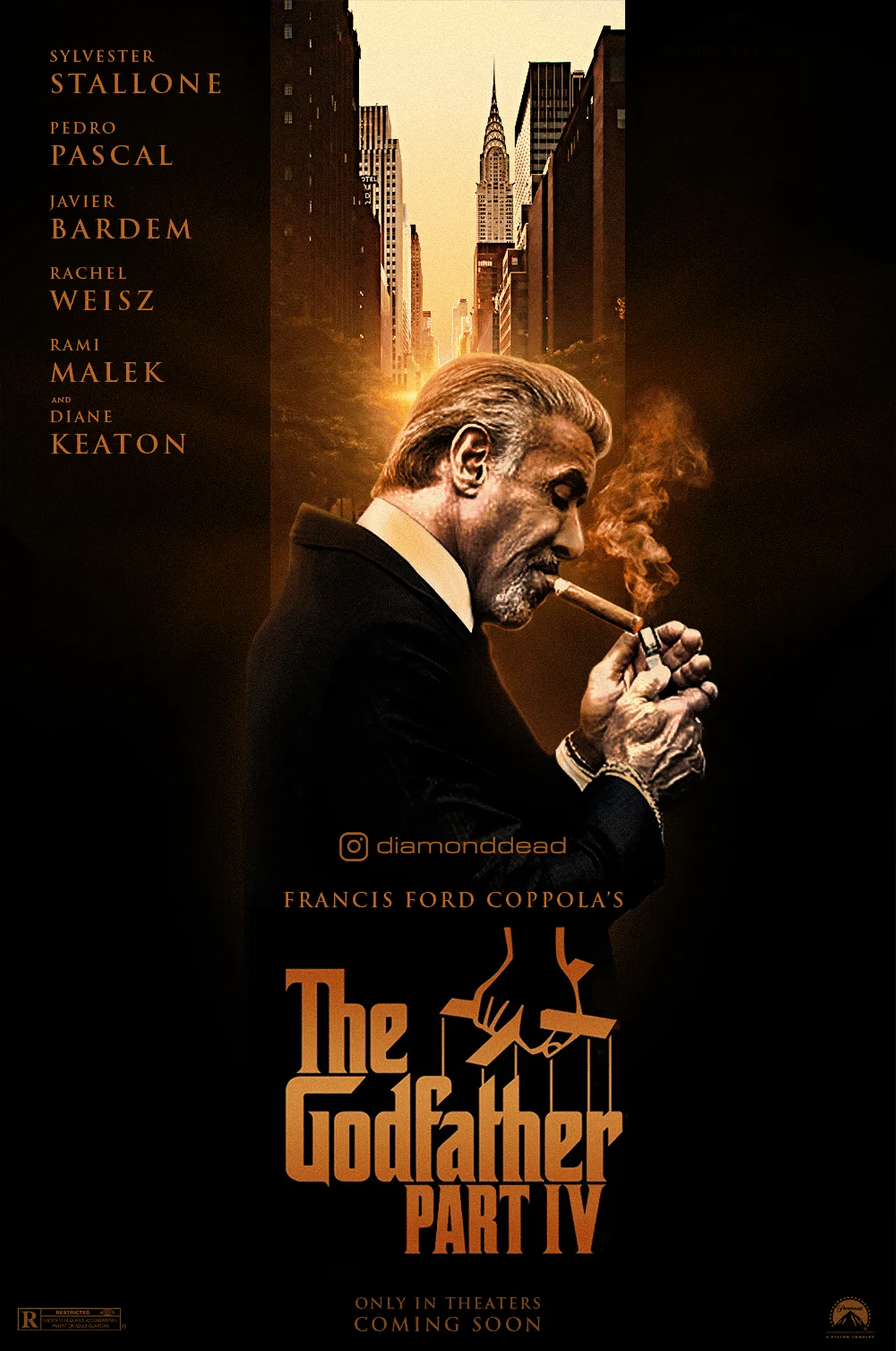Game of Death 2 is a 1981 Hong Kong martial arts film directed by Ng See-yuen. It serves as a sequel to the original Game of Death (1978), which starred Bruce Lee, though Lee had passed away before its completion. This sequel attempts to build on the legacy of the original by continuing the story with a new protagonist while paying homage to Lee’s iconic fight scenes and philosophy.
The film follows Billy Lo, played by Bruce Lee’s real-life stunt double, Kim Tai-jong, who survives an assassination attempt and returns to Hong Kong seeking justice against a criminal syndicate responsible for his brother’s death. Like the first film, Game of Death 2 is structured around intense fight sequences showcasing martial arts skills combined with elements of revenge and loyalty.
While the original Game of Death was famous for its concept of battling opponents on different levels of a pagoda, the sequel shifts focus to a more straightforward crime thriller plot. It includes classic martial arts choreography, with hand-to-hand combat, weapons, and stunts that reflect the era’s Hong Kong cinema style. However, the fight scenes, though energetic, don’t quite reach the innovative heights set by Bruce Lee’s original work.
The film suffers from a somewhat disjointed narrative, partly because it tries to capitalize on Bruce Lee’s name without having him as the star. The use of body doubles and recycled footage from the original film feels forced, and the storyline can be confusing at times. Despite this, it delivers on action for fans of martial arts cinema and offers a glimpse into the post-Bruce Lee era of Hong Kong action movies trying to maintain the genre’s popularity.

Kim Tai-jong, while not Bruce Lee, shows solid martial arts skills and screen presence, but the emotional depth and charisma that Lee brought to his roles are missing here. The supporting cast and plot don’t quite compensate for this gap, leaving the film as a niche piece mainly for fans of the genre.
In conclusion, Game of Death 2 is a modest continuation of Bruce Lee’s legacy, packed with traditional martial arts action but lacking the innovation and emotional impact of its predecessor. It’s an interesting watch for enthusiasts of classic Hong Kong action films but may feel underwhelming to general audiences or those expecting the original’s groundbreaking style.

-1752130628-q80.webp)
-1752544326-q80.webp)
